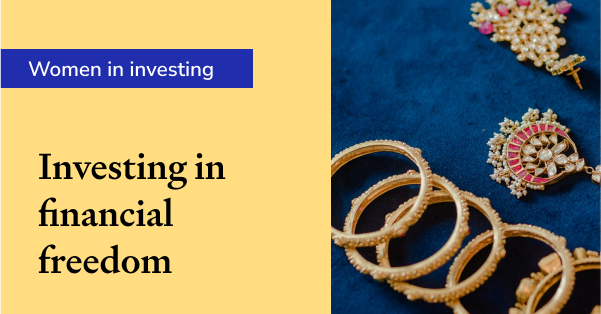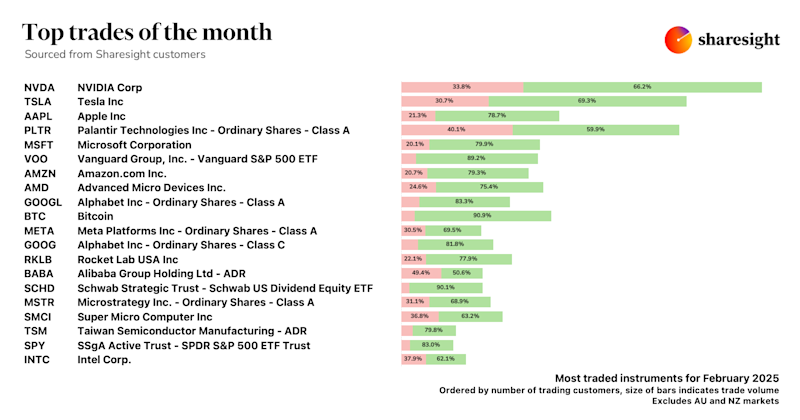So what’s it to be: a dog or a lame duck?
In previous blogs I have extolled the virtues of investing in the share market in preference to other investment options such as finance companies. Since then more finance companies have encountered a spot of bother including two of the more reputable ones in the form of St Laurence and Hanover Finance.
So I should be feeling pretty smug apart from the fact that the share market hasn’t been too flash either, recently hitting a 3 year low. It would be fair to say that if finance companies are dogs then the share market is a lame duck. However, when it comes to pet selection, I’ll take the lame duck any day.
Here’s why. When finance companies are doing well, and they sometimes do very well indeed, all you get as an investor is the agreed debenture interest rate. When things go wrong, interest is not paid and your funds are frozen. To add insult to injury, you may lose some or all of your principal when the thaw sets in. You don’t get a higher interest rate during the good times but you share the pain when things go wrong. If you think that seems a bit like finance companies trying to have their cake and eat it then I agree. If a listed company does poorly dividends may dry up and the share price will probably fall. So isn’t that just as bad?
The short answer is ‘no, it’s not – not by a long chalk’. For a start you are most unlikely to have your funds frozen. If you get nervous you can sell your shares. More importantly, during the good times you get to share in the high returns that are generated through higher dividends and/or growth in the share price. History has repeatedly shown that this more than compensates for the bad times and gives you superior returns in the long run.
In theory, the fact that you do not share in the good times with finance company debentures the way you do with shares is justified by the fact that from a security perspective, debentures rank ahead of equity (shares) in a breakup. In other words sharing in the good times compensates for lack of security. In reality, history has shown this ‘benefit’ to be an illusion, with many finance company losses exceeding falling share prices.
Another benefit of shares is that you can diversify over a range of different companies in different industries and different geographic areas. Many people have lost money in several different finance companies recently. No doubt they were heeding the call to diversify when, in reality, they were doing the opposite – investing in similar companies all in the same sector.
And finally, investing in shares allows you to invest in companies that operate under a sound, sustainable business model. This is something that finance companies, almost by definition, do not have. I will explain why I make this claim in my next blog.
This information is not a recommendation nor a statement of opinion. You should consult an independent financial adviser before making any decisions with respect to your shares in relation to the information that is presented in this article.

My investment portfolio used to be gold bangles
For International Women’s Day, Morningstar's Shani Jayamanne explores the ways that women have taken back financial control.

Simplify property tax & investment tracking with TaxTank + Sharesight
Simplify property tax management with the Sharesight + TaxTank integration—track CGT, investment income, and tax data in one seamless, automated platform.

Top trades by global Sharesight users — February 2025
Welcome to the February 2025 edition of Sharesight’s trading snapshot for global investors, where we reveal the top 20 trades by Sharesight users worldwide.